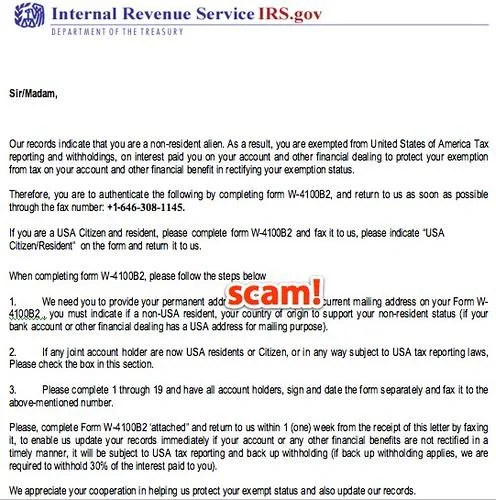Have you ever wondered what happens to the money in a joint bank account when one account holder passes away? This common scenario raises questions about ownership, inheritance, and legal rights. Join us as we delve into the complexities of joint bank accounts and explore who ultimately owns the funds when tragedy strikes.
Understanding Joint Bank Accounts and Ownership Rights
When it comes to joint bank accounts, there may be confusion surrounding ownership rights, especially in the event of a death. In most cases, joint bank accounts are held with rights of survivorship, meaning that when one account holder passes away, the remaining account holder automatically becomes the sole owner of the funds. This can be a source of uncertainty and disputes among family members and beneficiaries.
It is important to understand the implications of joint bank account ownership and rights, as they can have significant financial consequences. To ensure clarity and avoid any misunderstandings, it is advisable to communicate openly with all parties involved and consider seeking legal advice if necessary. By being informed and proactive, you can protect your interests and navigate the complexities of joint bank accounts with confidence.

Legal Implications and Rights of Survivorship
In the unfortunate event of one account holder passing away, the ownership of the funds in a joint bank account can become a complex legal matter. In general, the surviving account holder will have the right of survivorship and will be able to access the funds without any legal barriers. This means that the funds in the account will automatically transfer to the surviving account holder.
However, there are exceptions to this rule depending on the specific circumstances and the laws in your jurisdiction. It is essential to consult with a legal professional to understand your rights and obligations regarding joint bank accounts and the implications of the right of survivorship. Some factors that may affect the ownership of the funds in a joint account include the presence of a will, any outstanding debts or liabilities, and the relationship between the account holders.

Potential Challenges and Disputes Amongst Beneficiaries
In the event of one account holder passing away, the ownership of the funds in a joint bank account can become a potential challenge among beneficiaries. Disputes may arise over who rightfully owns the money remaining in the account, leading to conflicts and disagreements. It is important for all parties involved to understand their rights and responsibilities in such situations to prevent any misunderstandings or legal battles.
To navigate these , it is crucial to consider the terms of the joint bank account agreement. Depending on the type of account and laws in your jurisdiction, different rules may apply. Communication and transparency between beneficiaries are key to resolving conflicts amicably. Seeking legal advice and mediation can also be helpful in reaching a fair and equitable solution for all parties involved.
Recommendations for Protecting Your Assets and Estate Planning
When it comes to joint bank accounts, the ownership of the funds can be a bit complicated upon the death of one account holder. It’s important to understand the implications and consider these :
Firstly, **designate beneficiaries** on your accounts to ensure a smooth transition of funds. This can help avoid potential conflicts and ensure that your assets are distributed according to your wishes. Secondly, **consider creating a trust** to protect your assets and provide clear instructions on how they should be distributed. Trusts can have specific conditions and limitations that can safeguard your wealth and prevent it from being tied up in probate. Lastly, **consult with a financial advisor or estate planner** to discuss your specific situation and create a comprehensive plan that meets your needs and goals.
Future Outlook
In the end, the question of who owns the money in a joint bank account when one account holder passes away is a complex one with legal and individual considerations. It’s important to understand the implications of how joint bank accounts work and to plan accordingly to ensure that your financial affairs are in order. Seek advice from legal and financial experts to navigate this issue with confidence and clarity. Remember, being prepared is key when it comes to protecting your assets and loved ones.






